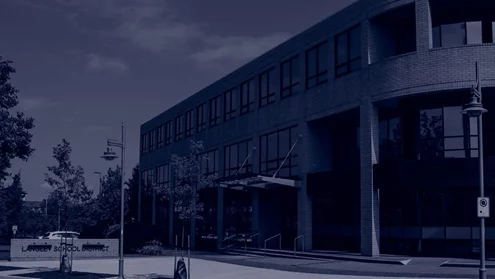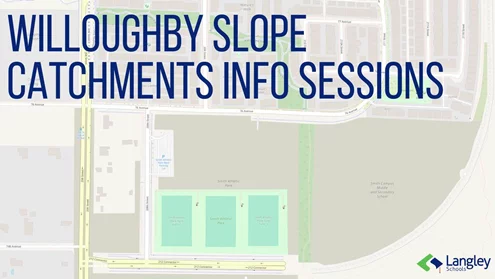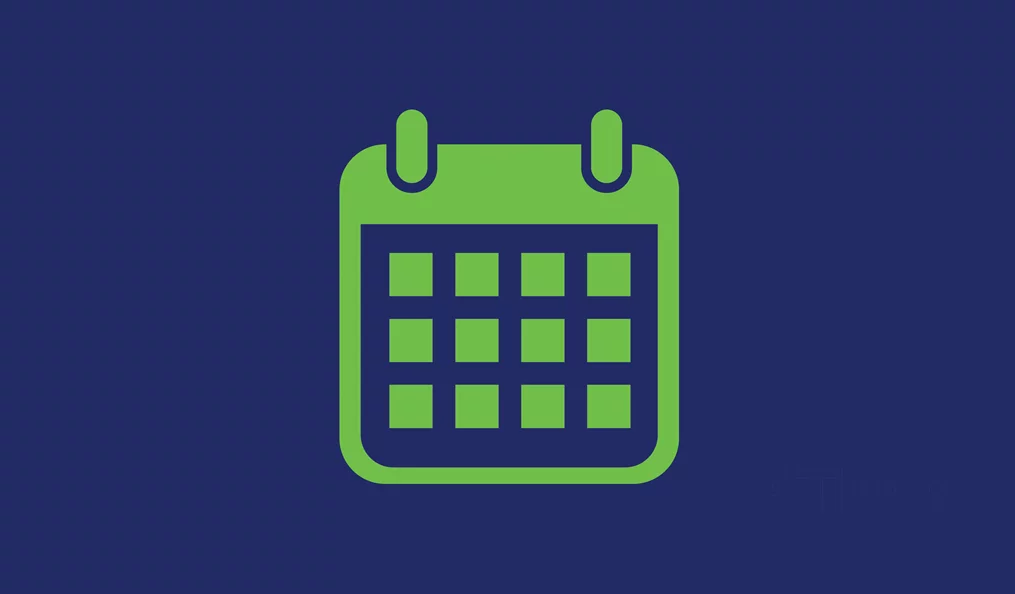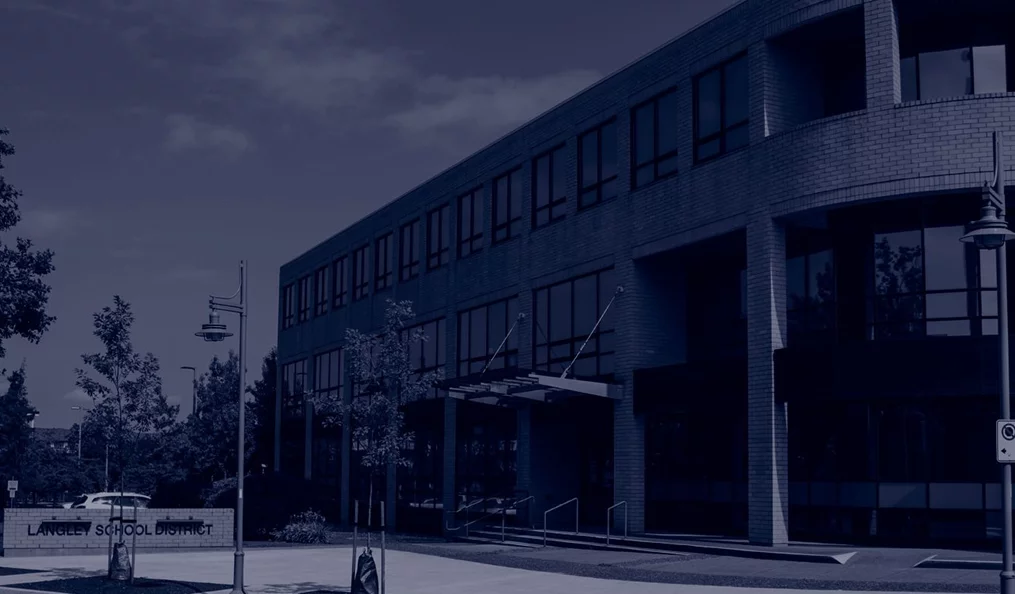
Diversity and Respect Celebrated District-wide
It’s Diversity and Respect Week across the Langley School District this week, with students of all ages and grade levels finding ways to celebrate their unique selves, their backgrounds, family histor...
News & Announcements

Board News, District News
A Message from the Langley Board of Education

District News
Willoughby Slope Catchments Information Sessions Update


Upcoming Events
MARCH 10, 2026 Communications Committee Meeting 4:00 PM - 5:00 PM
MARCH 13, 2026 Last Day Prior to Spring Break (except LEC) All Day
MARCH 30, 2026 School Re-Opens After Spring Break All Day
APRIL 03, 2026 Good Friday (School Closed) All Day
APRIL 06, 2026 Easter Monday (School Closed) All Day
APRIL 14, 2026 Audit Committee Meeting 3:30 PM - 4:30 PM















